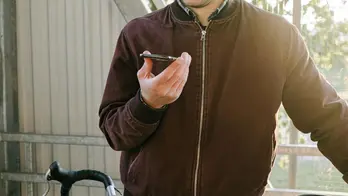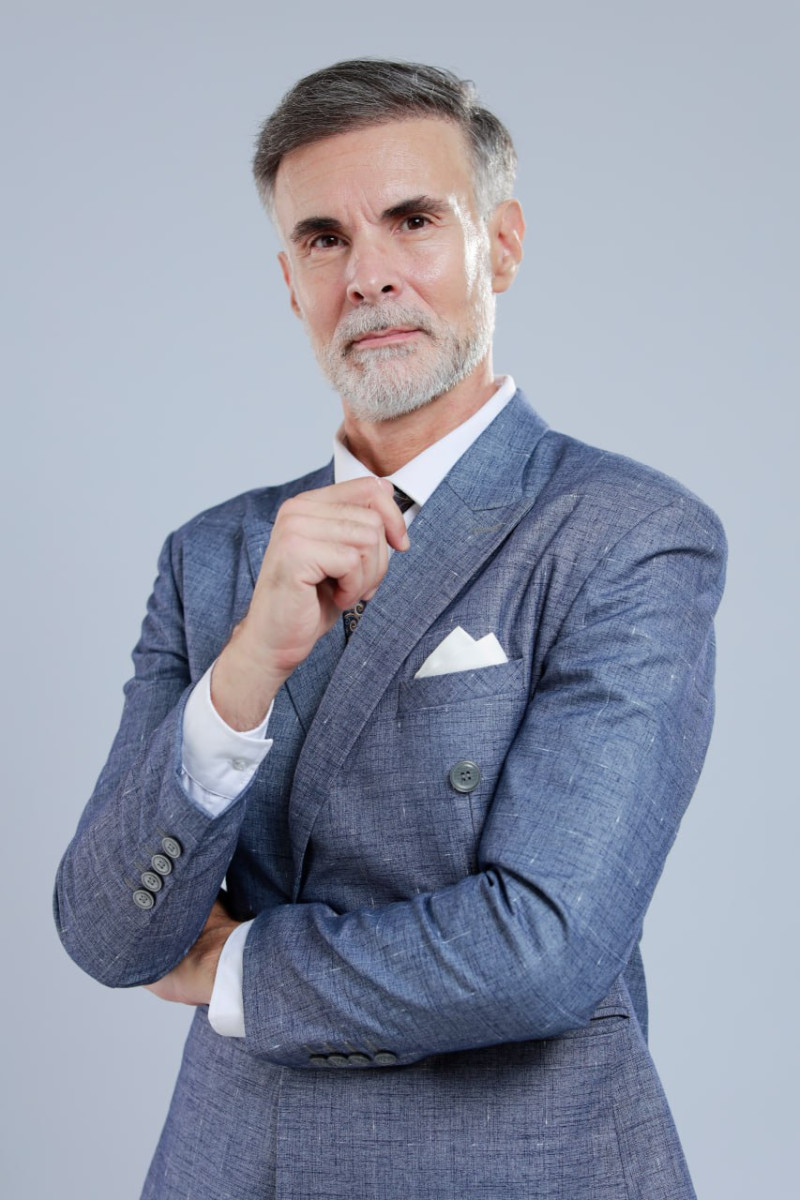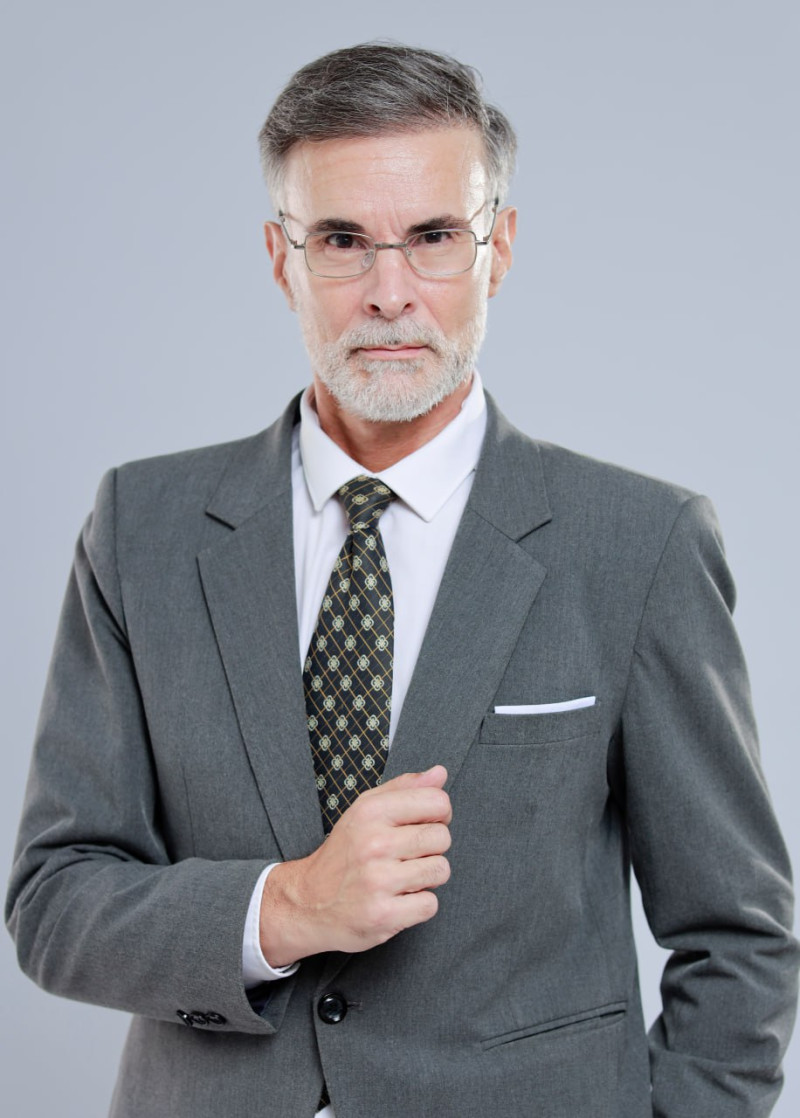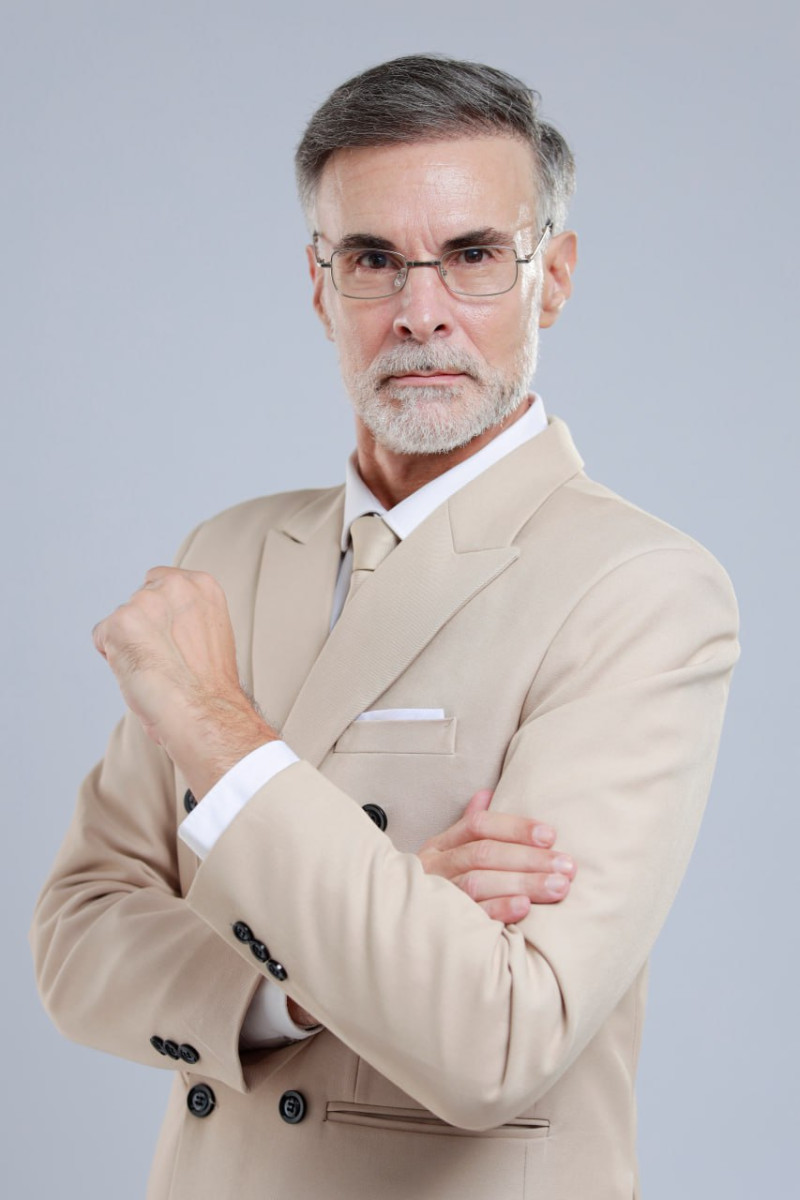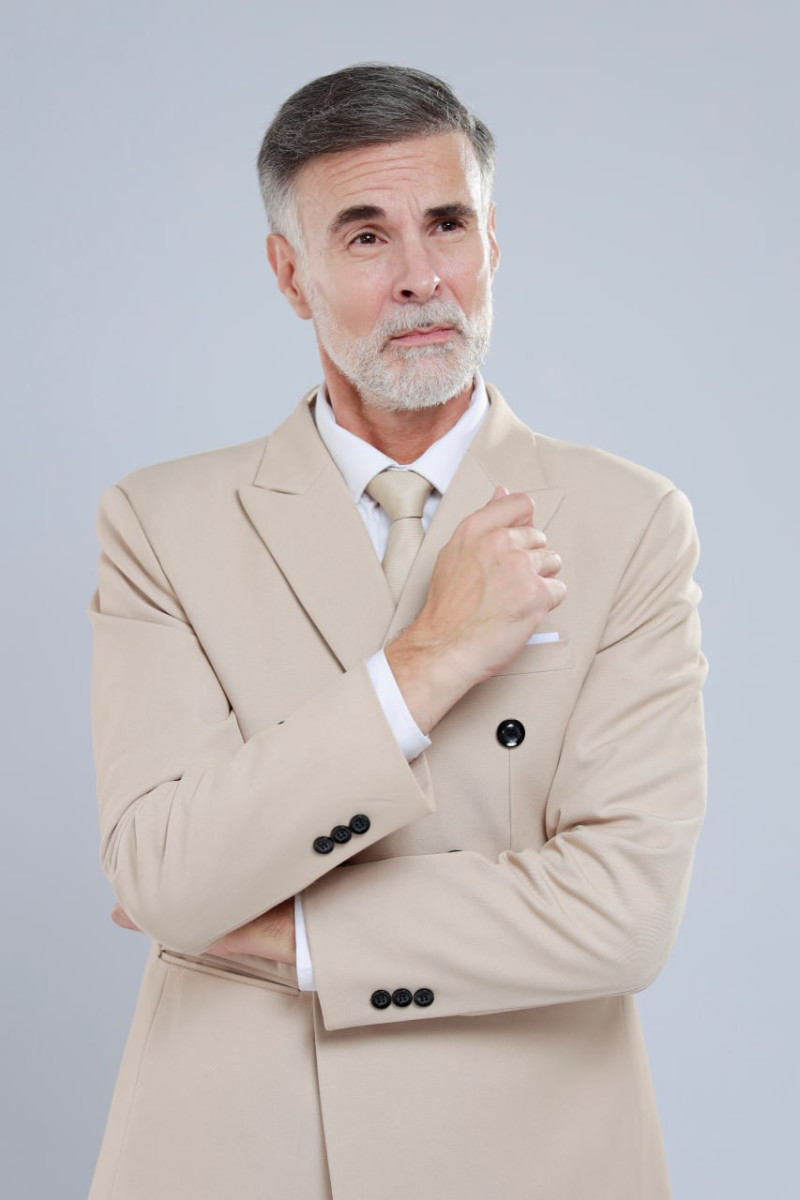A scientist and musician are collaborating to turn cosmic ray data into art
Teppei Katori was always amazed by the natural world—the birds, the flowers—right down to the invisible, "You can go all the way down to the quark and the lepton and I find that, wow, it's really fascinating."
This link between the macroscopic and the subatomic stuck with Teppei. He went on to study particle physics, earn his Ph.D and eventually work at the U.S. Department of Energy's Fermi National Accelerator Laboratory (Fermilab). Inside the lab, he studied neutrinos.
But he also found joy outside of the lab, in the arts scene throughout Chicago neighborhoods. He started playing music, and soon the wheels started turning in his mind. How could he connect his work as a physicist with his passion as a musician?
After a lot of planning and collaboration, Teppei and his friend, artist and composer Christo Squier teamed up to create a new musical experience. It started with cosmic rays—high energy, fast moving particles from outer space that constantly shower Earth and pass through our bodies. They took cosmic ray data from a giant neutrino observatory in Japan and converted it into sound. That sound became the building blocks for a live performance by a handful of musicians—including Teppei and Christo—in a concert hall on the banks of the River Alde.
The collaboration didn't stop there.
In their next project, the duo collaborated with engineer Chris Ball and light designer Eden Morrison to create Particle Shrine, an art installation that converts live cosmic ray data into an interactive light and sound display. Teppei says the installation is a way for people to move from simply comprehending cosmic rays to feeling them, "It's so easy for you not to know any of this and you die. But once you know it, you know the life is way more beautiful."
Teppei and Christo's installation, Particle Shrine, was originally unveiled at Science Gallery London. It's showing this month at Somerset House as part of the London Design Biennale. And, they'll be in Stroud, England in September as part of the Hidden Notes festival.
Know of a science-art collaboration? Tell us at shortwave@npr.org!
Listen to Short Wave on Spotify, Apple Podcasts and Google Podcasts.
This episode was produced by Margaret Cirino and Berly McCoy, edited by Rebecca Ramirez and fact-checked by Jane Gilvin. The audio engineer was Robert Rodriguez.
Disclaimer: The copyright of this article belongs to the original author. Reposting this article is solely for the purpose of information dissemination and does not constitute any investment advice. If there is any infringement, please contact us immediately. We will make corrections or deletions as necessary. Thank you.
